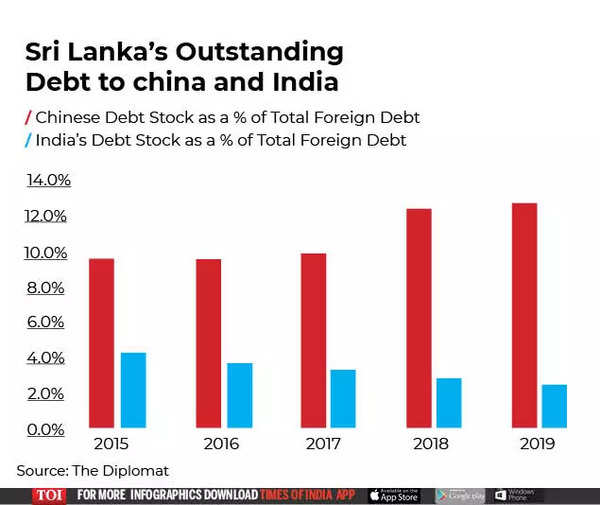Uncover the untold story of economic challenges in developing powerhouses, India and China. Surprising twists and hopeful solutions revealed!

Image courtesy of Dominika Roseclay via Pexels
Table of Contents
Developing countries are often faced with a myriad of economic challenges that can hinder their growth and development. In nations like India and China, these challenges are particularly prominent and require innovative solutions and global cooperation to overcome. While the obstacles may seem daunting, there is also a sense of hope and resilience as these countries work towards a brighter economic future.
Economic Challenges in India
India, with its vast population and diverse economy, faces challenges such as poverty, income inequality, and unemployment. The COVID-19 pandemic has further exacerbated these issues, leading to economic hardships for many. However, the Indian government has implemented various initiatives to address these challenges, including financial aid programs and infrastructure development projects.
Economic Challenges in China
China, as one of the world’s largest economies, has experienced a slowdown in recent years. Factors such as a high debt burden and the need to transition to a more sustainable growth model have contributed to this slowdown. Despite these challenges, China is taking steps to address these issues and ensure a more balanced and stable economy for the future.
Economic Challenges in Kenya
Kenya, like many developing countries, faces obstacles such as corruption, infrastructure deficits, and high unemployment rates. Foreign aid and investment play a significant role in supporting Kenya’s economy, but more efforts are needed to promote sustainable economic development and ensure prosperity for all citizens.

Image courtesy of www.reddit.com via Google Images
Economic Challenges in Bangladesh
Bangladesh struggles with income disparities, labor rights violations, and environmental degradation. The country’s garment industry, while successful, also faces challenges in terms of worker safety and fair wages. By implementing policies that prioritize inclusive growth and environmental sustainability, Bangladesh can work towards a stronger and more resilient economy.
Economic Challenges in Sri Lanka
Sri Lanka grapples with a high debt burden and political instability, which have contributed to financial challenges for the country. Diversifying the economy and attracting foreign investment are crucial steps towards economic revitalization and long-term stability. By addressing these challenges, Sri Lanka can pave the way for a brighter economic future.

Image courtesy of timesofindia.indiatimes.com via Google Images
Economic Challenges in Brazil
Brazil has faced economic crises and recessions in recent years, leading to social inequality and poverty rates. Government policies aimed at reviving the economy are essential for addressing these challenges and creating a more inclusive and prosperous society. By focusing on sustainable development and equitable growth, Brazil can overcome its economic hurdles and build a more resilient economy.
Conclusion
Despite the economic challenges facing developing countries like India, China, Kenya, Bangladesh, Sri Lanka, and Brazil, there is a sense of optimism and resilience as these nations work towards a brighter future. By addressing issues such as poverty, corruption, and environmental degradation, these countries can pave the way for sustainable economic growth and prosperity for all citizens. Global cooperation and support are essential in overcoming these challenges and building a more inclusive and equitable global economy. As we navigate the complexities of economic development, there is hope on the horizon for a better tomorrow.
Generated by Texta.ai Blog Automation
